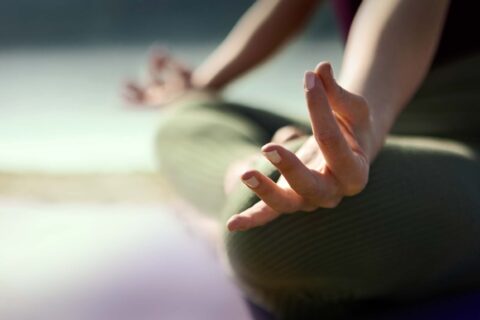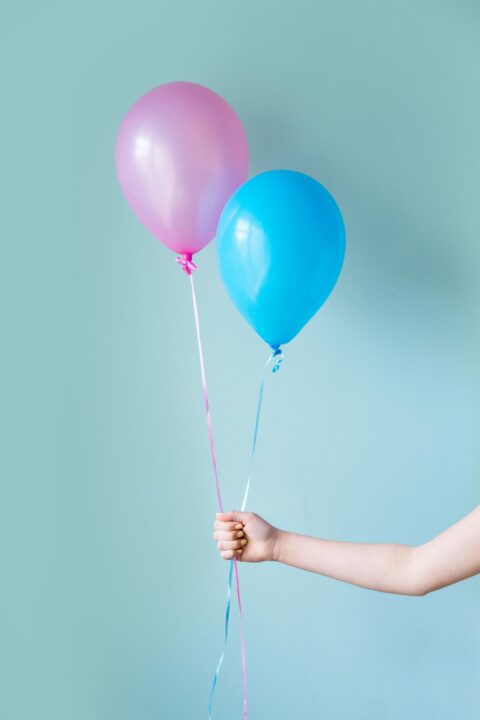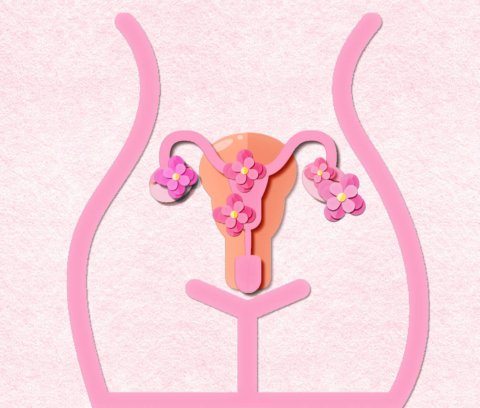Fatigue is a widespread problem among adults…that’s why so many companies are out there selling us solutions. Have you been tempted by the endless ads in your feed for pills, powders and supplements, all promising to boost energy and mental clarity? Well, it turns out the best solution for fatigue may be totally free…just taking a nap. Naps are one of our most powerful tools for self-care and act as a midday recharge for our hard-working brains and bodies.
Many of us carry a stigma about naps. We think nappers are lazy or depressed. We think we should just push through, have another coffee and get on with it. Research proves this attitude to be dead wrong.
The truth is, in the short-term, naps can improve concentration, alertness and creative problem solving. Long term benefits of regular naps include a stronger immune system and decreased risk of inflammation, stroke and heart disease.
According to a study conducted on NASA astronauts, “The data are absolutely clear, naps are incredibly beneficial for improving mental alertness. Even a short nap could increase performance by 34%” It concludes, “There’s no other motivator, nothing else that pumps up performance that much.”
But you don’t have to be an astronaut to benefit from a nap. Around the world, people of many cultures enjoy an afternoon rest. Napping rates are greater in countries like Greece, Brazil, Mexico and Spain where over 70% of people nap as often as four times a week.
Here’s a few proven tips for getting the most from your naps:
Timing is everything: Napping too early or late can leave you feeling groggy. The ideal time for a nap is either right before lunch or during the “post lunch dip”, around 2pm. Avoid napping after 3pm as it can disrupt your nighttime sleep schedule.
Short & Sweet: The best amount of time to nap is between 10 and 20 minutes. A nap of 30 minutes or longer risks resulting in groggy “sleep inertia”, so you might not experience positive benefits from the nap at all.
Set the Scene: Ideally your napping spot is quiet, cool and free of distractions. Try to leave your phone off or in another room.
Try a “Nappuccino”: Caffeine takes about 25 minutes to enter your bloodstream, so a cup of coffee right before closing your eyes can help you wake up brighter and more energised.
It’s All Good: Don’t worry if you can’t fall asleep during your first naptime. Use the time to close your eyes and rest. You can also meditate to help your body relax. Any break from the chaos of the day has great benefits.
We learned it in kindie: A nice afternoon nap is just that — nice. It makes us less cranky and helps us get back into the fray. It may take a few tries to determine what time, length and location make for your ideal snooze, but it’s definitely worth the effort. Naps are possibly the best way to combat chronic sleep deprivation and stress in today’s world.
Sources: William Anthony, PhD, Mark Rosekind, PhD, sleepfoundation.org.
This article was written by Hannah Moritz and shared through our submissions portal.
If you would like to submit your articles to us for consideration, please send to [email protected]. We welcome engaging, topical and inspiring content to help us elevate the voice of kiwi women.








